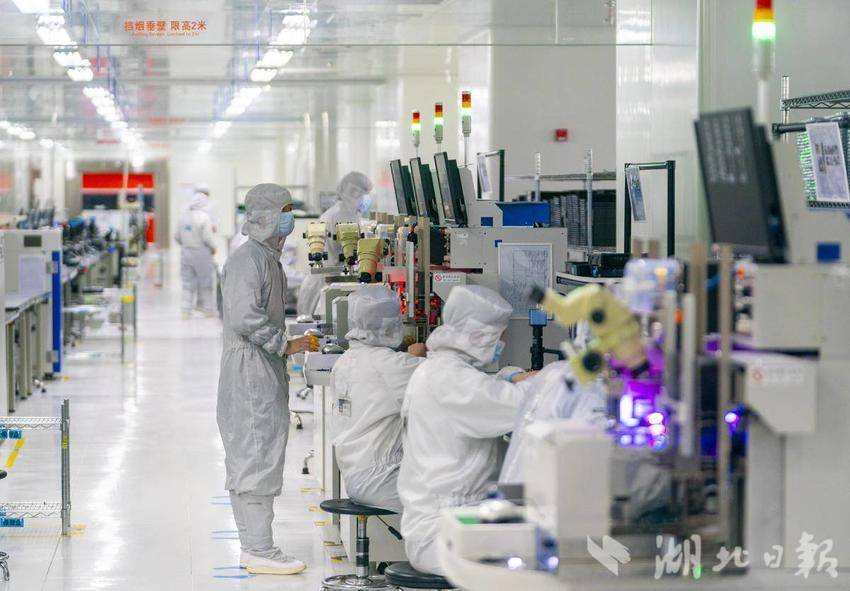(W.E. Talk) New law provides stability boost to China’s private economy
Special:W.E. Talk。
By Chen Tianhao, Chen Caixia。

(ECNS) -- On May 20, 2025, China’s private economy promotion law came into force, marking China’s first dedicated, foundational legislation for private-sector development. In the latest episode of the W.E. Talk, three distinguished experts—Yang Decai, a member of the 14th National Committee of the CPPCC, and Director of NJU Private Economy Institute; Rupert Hoogewerf, Hurun Report Chairman and Chief Researcher; and Denis Simon, visiting professor at the Asian Pacific Studies Institute of Duke University joined a discussion on related topics. They agree that this law fills legal and institutional gaps, ushering China’s private economy into a new era of systematization and rule of law.。

Legal safeguard: Laying the foundations for fair competition。

“The private economy promotion law breaks through the previous fragmentation and, for the first time, systematically constructs a legal framework to protect private enterprises,” explained Yang Decai. Although China’s constitution has already recognized the importance of the private sector, relevant legal safeguards had long been scattered across different statutes, lacking coherence and focused support. Hoogewerf concurs that the new law defending the private sector is “really a watershed in Chinese constitutional history.”。
Yang further notes that Chapter 7 of the new law specifically mentions the protection of the legitimate rights and interests of private enterprises. And malicious slander and defamation of private enterprises and entrepreneurs through the internet must be strictly punished, according to the new law.。
“For the private economy to thrive, and for entrepreneurs to gain confidence, we must first foster a public opinion environment that is truly supportive of the private sector,” Yang explains.。
And by embedding the “negative list” approach to market entry and a formal “fair competition review” mechanism, the law guarantees that any sector not explicitly forbidden is open to private players—tackling hidden administrative and regulatory barriers, according to Yang.。
Simon emphasizes that the law protects property rights, including intellectual rights, and offers clear financial rules, so that businesses “know how they can access capital for future investment and how they can handle foreign-exchange settlement,” thereby operating seamlessly at home and abroad.。
“Confidence drives investment and enterprise growth; as long as there is confidence in the future, we will see more private enterprises sprouting up,” he says.。
Economic engine: Firing up new growth momentum。
“If we look at job creation, contribution to GDP, and innovation metrics, private enterprises have already become an indispensable part of China’s economy,” Simon notes.。
Statistics suggest that private firms in China account for over 50% of tax revenue, more than 60% of GDP, roughly 70% of domestic innovation achievements, 80% of urban employment, and over 90% of all enterprises nationwide.。
“Small private companies are the main vehicle for creating jobs and the fertile ground for developing and applying new technologies. To build an innovation-driven economy, it is essential to involve these vibrant, creative small firms,” he adds.。
Hoogewerf’s data spotlight this dynamism. “On my latest Rich List, 80% of the individuals were not on the list ten years ago, meaning that eight out of ten of this year’s China Rich List are newcomers—mostly private entrepreneurs,” he observes, adding that this reflects not only massive wealth creation in traditional manufacturing and real estate but also the rise of private champions in renewable energy, energy storage, solar panels, and intelligent manufacturing.。
Technology breakthroughs: Bridging the academia–industry divide。
In today’s global competition, technological innovation is paramount. “Enterprises are, in fact, the primary agents of technological innovation. The law makes clear that private firms are China’s main drivers of independent innovation, entitled to equal access to capital, technology, human resources, and data, and able to participate in national strategic initiatives and emerging industries,” says Yang.。
Supporting this view, Hoogewerf reports from his Unicorn List research: “As of April 2024, we identified more than 300 unicorns in China, and only about six are state-owned or state-controlled.”。
He says that with universities’ research capabilities improving and aligning more closely with market needs, leading private enterprises are actively pushing technology transfer and patent applications, sparking a fresh wave of innovation.。
“Attracting university talent, perfecting tech-transfer mechanisms, and strengthening the academia–industry–research pipeline will require both state-owned and private enterprise participation,” he adds.。
Simon concludes with optimism: “In the foreseeable future, we are going to see even more small, dynamic, creative private enterprises emerge.” Hoogewerf, too, is confident that the deepening integration of universities, industry, and finance will give rise to a new generation of innovative startups. Yang emphasizes that the law will play a “significant role in promoting China’s high-quality economic development.”。
In the view of the experts, the implementation of the Private Economy Promotion Law not only acknowledges private enterprises’ past contributions but also provides robust legal and institutional support for their future growth. By optimizing market access, protecting rights, and fostering innovation, this law unlocks a new chapter for China’s private economy—one where confidence, competition, and creativity can flourish in tandem.。
(责任编辑:探索)
-
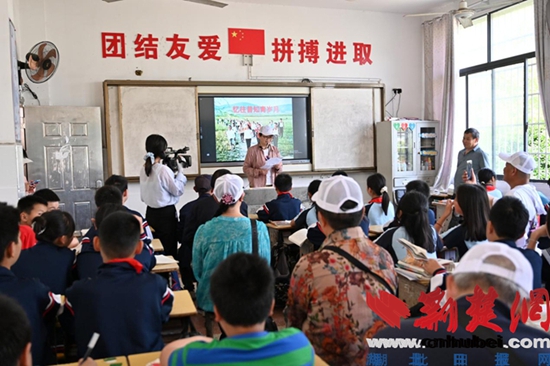 .。.。荆楚网湖北日报网)讯通讯员 周沁)“好久不见,解场长咱们有40多年没会面啦!”4月10日上午,一名返乡知青认出了最初下乡时教授农活经历的农场场长解为兵,早已刻上年月痕迹的两双手紧紧交握,让人感
...[详细]
.。.。荆楚网湖北日报网)讯通讯员 周沁)“好久不见,解场长咱们有40多年没会面啦!”4月10日上午,一名返乡知青认出了最初下乡时教授农活经历的农场场长解为兵,早已刻上年月痕迹的两双手紧紧交握,让人感
...[详细]
-
 “天干物燥!当心火烛!防火防盗!”……从6月17日开端,在蜀山区琥珀大街飞虹社区的背街冷巷,居民们常常能够看到一支身穿蓝马甲的“防火打更
...[详细]
“天干物燥!当心火烛!防火防盗!”……从6月17日开端,在蜀山区琥珀大街飞虹社区的背街冷巷,居民们常常能够看到一支身穿蓝马甲的“防火打更
...[详细]
-
 “今年以来,民生银行聚集因疫情暂时遇困职业企业等金融服务中的痛点堵点难点,采取了针对性的有用纾困办法,支撑暂时遇困职业企业渡过难关、康复开展。”6月16日,我国民生银行行长郑万
...[详细]
“今年以来,民生银行聚集因疫情暂时遇困职业企业等金融服务中的痛点堵点难点,采取了针对性的有用纾困办法,支撑暂时遇困职业企业渡过难关、康复开展。”6月16日,我国民生银行行长郑万
...[详细]
-
 -END-。
...[详细]
-END-。
...[详细]
-
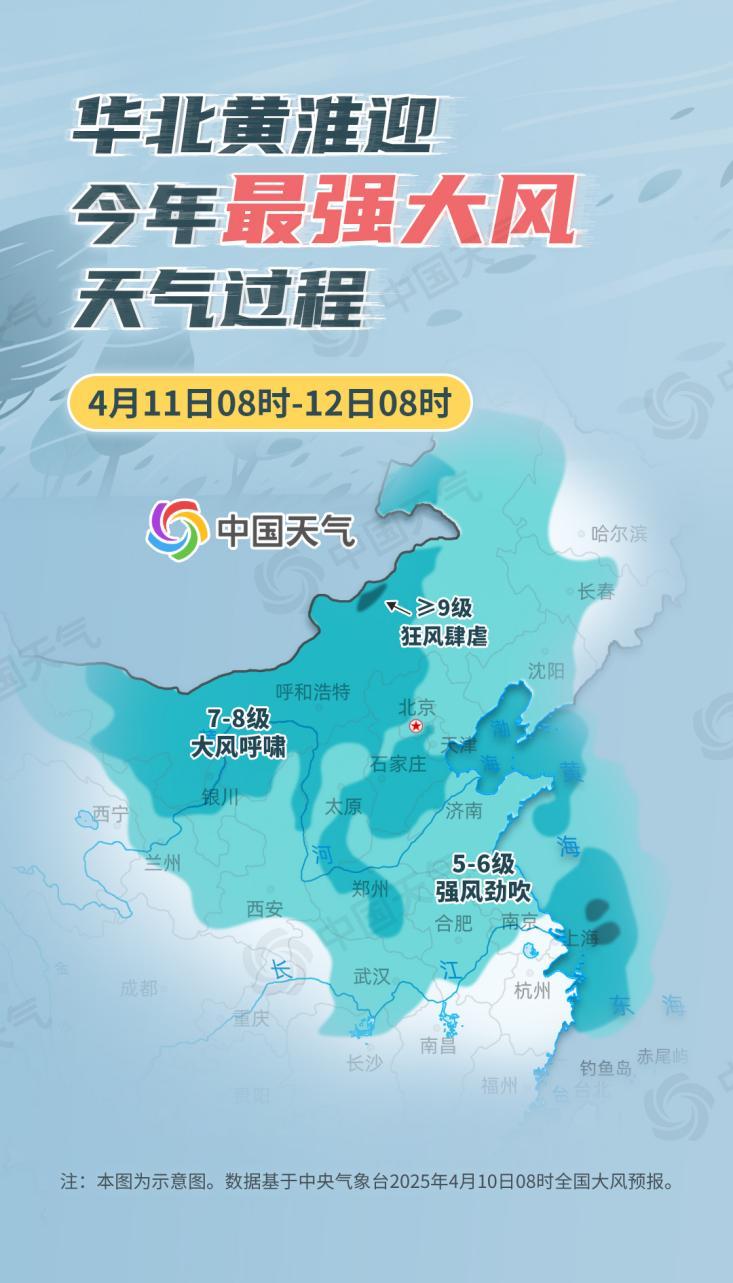 。受较强冷空气影响,估计4月11日至13日,我国华北、黄淮等地将呈现今年以来最强劲风气候进程,此次继续性劲风气候进程前史同期稀有,具有继续时间长、影响规模广、强度强等特色,部分区域具有致
...[详细]
。受较强冷空气影响,估计4月11日至13日,我国华北、黄淮等地将呈现今年以来最强劲风气候进程,此次继续性劲风气候进程前史同期稀有,具有继续时间长、影响规模广、强度强等特色,部分区域具有致
...[详细]
-
合肥市长江路幼儿园天成分园:你好,小学!——大班幼小联接“云”观赏小学
 跟着时刻的消逝,大班幼儿离结业只剩下不到一个月的时刻了,孩子们行将步入小学日子,为了让他们提早感触小学的气氛,了解小学的日子。合肥市长江路幼儿园教育集团天成分园大班年级组,在2022年6月16日展开大
...[详细]
跟着时刻的消逝,大班幼儿离结业只剩下不到一个月的时刻了,孩子们行将步入小学日子,为了让他们提早感触小学的气氛,了解小学的日子。合肥市长江路幼儿园教育集团天成分园大班年级组,在2022年6月16日展开大
...[详细]
-
全球眺望|马来西亚媒体:美对马关税商洽要求“不公平”“不对等”
 新华社吉隆坡5月8日电记者王嘉伟 毛鹏飞)马来西亚媒体《星洲日报》7日宣布题为《在美国关税妨碍下的调整与包围》的社论说,马来西亚和美国的关税商洽是一场不对等的“交易包围战”,美方在商洽中许多诉求并不公
...[详细]
新华社吉隆坡5月8日电记者王嘉伟 毛鹏飞)马来西亚媒体《星洲日报》7日宣布题为《在美国关税妨碍下的调整与包围》的社论说,马来西亚和美国的关税商洽是一场不对等的“交易包围战”,美方在商洽中许多诉求并不公
...[详细]
-
 为进一步贯彻落实《3—6岁儿童学习与展开攻略》等精力,标准和提高幼儿园后勤人员作业水平。加强专业技术训练,真实做到“保教结合,保教偏重”,在注重教师教育技术的一起,
...[详细]
为进一步贯彻落实《3—6岁儿童学习与展开攻略》等精力,标准和提高幼儿园后勤人员作业水平。加强专业技术训练,真实做到“保教结合,保教偏重”,在注重教师教育技术的一起,
...[详细]
-
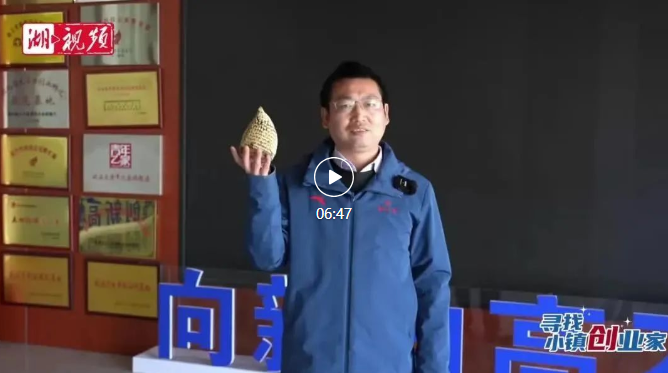 刻刀划过,滋滋动静。3月17日。咸宁市艺竹情工艺品有限公司的雕琢室里。贺慈正专心雕琢着手中的竹子。咸宁是全国九大竹产区之一。栽培楠竹约146.9万亩。数量高达2.2亿株。素有“楠竹之乡”的美誉。199
...[详细]
刻刀划过,滋滋动静。3月17日。咸宁市艺竹情工艺品有限公司的雕琢室里。贺慈正专心雕琢着手中的竹子。咸宁是全国九大竹产区之一。栽培楠竹约146.9万亩。数量高达2.2亿株。素有“楠竹之乡”的美誉。199
...[详细]
-
 “天干物燥!当心火烛!防火防盗!”……从6月17日开端,在蜀山区琥珀大街飞虹社区的背街冷巷,居民们常常能够看到一支身穿蓝马甲的“防火打更
...[详细]
“天干物燥!当心火烛!防火防盗!”……从6月17日开端,在蜀山区琥珀大街飞虹社区的背街冷巷,居民们常常能够看到一支身穿蓝马甲的“防火打更
...[详细]

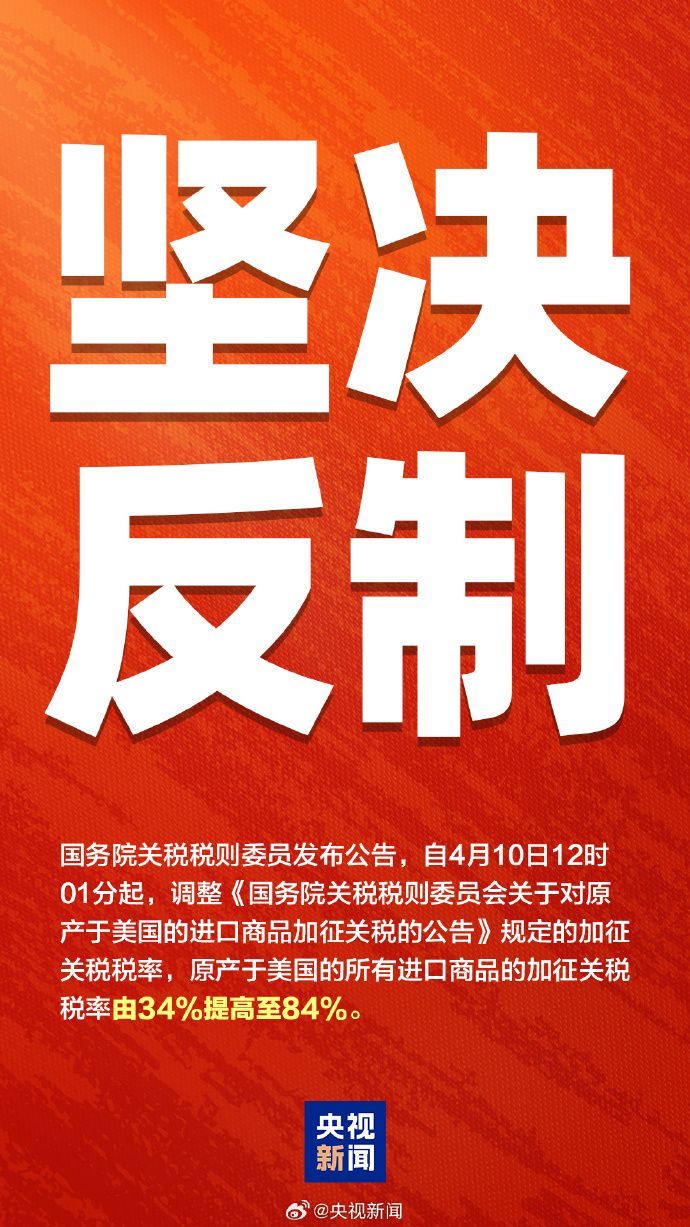 世界锐评|以“我国稳”应对“美国疯”
世界锐评|以“我国稳”应对“美国疯” 大龙潭金丝猴户外研讨基地成人才摇篮 100多位硕士和博士在此完结课题研讨
大龙潭金丝猴户外研讨基地成人才摇篮 100多位硕士和博士在此完结课题研讨 安徽今朝装修宜居整装嗨购618礼享狂欢季
安徽今朝装修宜居整装嗨购618礼享狂欢季 重现五里墩的人间烟火气,弘阳&盒马夜肆来啦!
重现五里墩的人间烟火气,弘阳&盒马夜肆来啦! 湖北省气象台专家解读劲风气候:混合性11级劲风主要在东部,但局地性强
湖北省气象台专家解读劲风气候:混合性11级劲风主要在东部,但局地性强